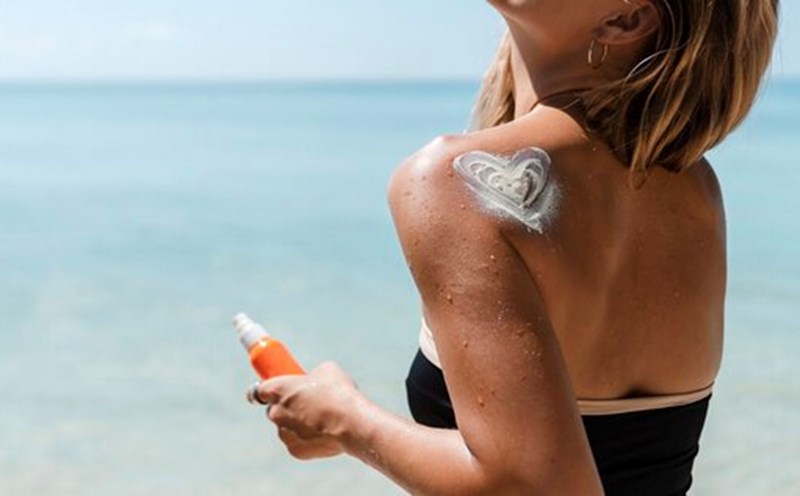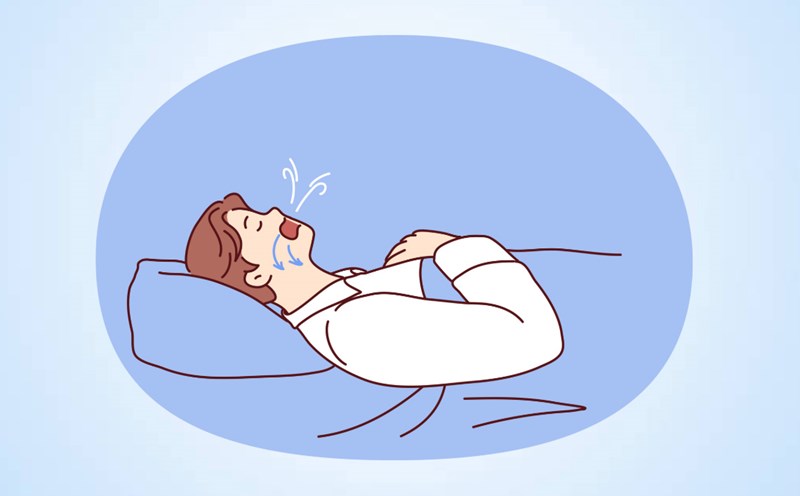Obesity is often known as the cause of diseases such as cardiovascular disease, diabetes or arthritis. However, few people notice that being overweight also has a significant impact on skin health. Here are 7 common skin problems in obese people and effective controls, according to Only My Health.
Black thorn disease
This is a typical skin sign associated with obesity. The disease is manifested by dark, thick and smooth areas such as velvet, often found in the neck, armpits, groin or fingertips. Although not harmful, black thorn is a sign of insulin resistance, a common factor in overweight people.
Meat acne
These are small, soft tumors that grow on the neck, armpits or eyelids. Although harmless, they can cause attachment problems and loss of aesthetics. Bladder acne is more common in obese people and is associated with diabetes, high blood pressure and metabolic disorders.
Meritorious inflammation
In obese people, skin folds become deeper and more moisturized, creating conditions for inflammation to develop. This is a form of redness, burning, which can be infected or fungal if not treated promptly. Clean toothpaste, keeping your skin dry and using protective cream are effective ways to control it.
Mushroom infections
Due to sweat and increased moisture in the skin's urgent areas, obese people are at high risk of skin fungal diseases, especially Candida in the chest, groin or thighs. According to research in 2021, obese people are twice as likely to develop chronic skin fungus as people with a normal BMI.
sweat gland inflammation
HS is a chronic inflammatory condition that causes inflammatory acne, abscesses and scars in areas with high friction. Obesity and smoking are two factors that increase the risk of HS. Weight control and early treatment with a dermatologist can help improve significantly.
Skin scratches
Rapid weight gain dilates the skin, damaging collagen and elastin fibers, forming skin lumps in the abdomen, thighs, buttocks or arms. Although not dangerous, it affects aesthetics. Some treatments such as retinoids or laser treatment can fade these stains.
Slow wound healing
In obese people, poor blood circulation, inflammation and a high risk of infection take longer for wounds to heal. For people with diabetes, this is even more serious, easily leading to ulcers and serious infections if not properly cared for.
How to protect your skin when you are obese
Keep it clean, especially in areas with crow's skin.
Keep your skin dry with resin powder or moisturized fabric.
Moisturize regularly to avoid dryness and irritation.
See a specialist if you have strange or recurring symptoms.
Adults a suitable diet and exercise to lose weight safely.











